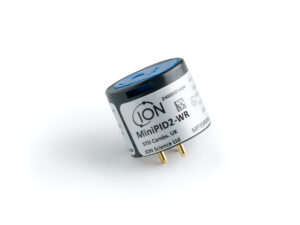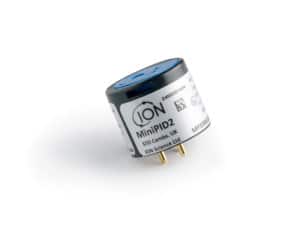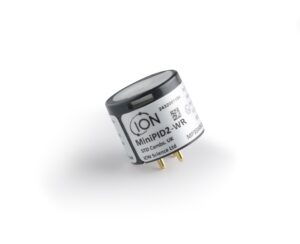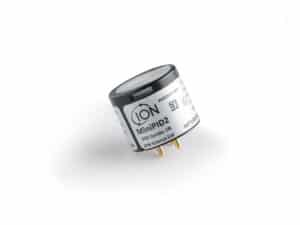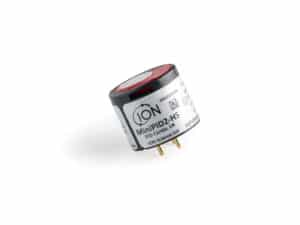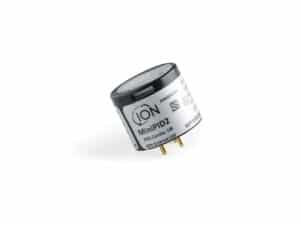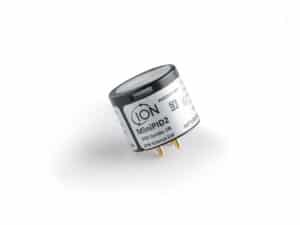
ION Science, a leading global manufacturer of photoionization detection (PID) sensors for VOC monitoring, further invests in manufacturing technology. PID Gas Sensors
Following the recent construction of a purpose-built facility, significant investment continues into building the new ION Technology Center for future innovation, to maintain ION’s position as an industry leader. This sustainable, environmentally focused facility enhances ION’s vision of protecting lives and preserving the environment.
“This investment is a good example of the advantages that can be gained from being a privately owned, independent company. We are free from corporate requirements dictating what should be in our technology portfolio, and we are able to invest in our own resources for the benefit of our customers,” Duncan Johns, Managing Director states.
The expansion of ION’s facilities will further optimize and automate critical processes in sensor manufacturing. “This will enable us to fulfill our commitment to enhancing the repeatability and stability of our products; quality measures for which our sensors are already world-renowned. We strongly believe that the freedom to focus on quality and standards allows us to offer the world’s best PID sensors, and with the largest global market share, it would appear that our customers agree.” he continues.
There are several key factors that underpin the levels of sensor quality that ION is able to deliver as an independent company. These are:
- the broadest range of PIDs in the world
- the only fail-safe PIDs on the market
- the best available temperature stability
- the best available humidity stability
- the most sensitive PIDs on the market
ION Science is able to assert that it offers the world’s widest range of PIDs because, unlike those companies that adopt a ‘one-lamp-fits-all’ policy, ION Science designs, develops and manufactures 10.0, 10.6 and 11.7eV lamps.
PID Integration PID Gas Sensors
This is crucially important for OEMs because it means that their measurement capabilities are not restricted to compounds with an ionization energy lower than 10.6eV, for example. Therefore, ION’s customers are able to choose the best lamps for their applications, which improves sensitivity and widens the range of VOCs that can be measured.
Uniquely, ION’s PIDs (MiniPIDs) incorporate an ASIC chip, which continuously monitors lamp and sensor performance, providing fail-safe assurance of sensor health. The ASIC manages the sensor to give exceptional temperature stability to deliver a stable signal from -40 to 149°C.
Humidity is a major challenge for many PID manufacturers, however, all of ION’s MiniPIDs have a patent-protected design with a third electrode that overcomes this challenge, delivering a stable signal from 0 – 99% RH.
Fence Electrode PID PID Gas Sensors

Graph 1 – Without a fence electrode, PID gives false positives when humidity increases when contamination is present.
The sensitivity of PID sensors is extremely important in many applications; particularly where the sensors are deployed in the measurement of trace VOCs. Again, ION leads the field, offering MiniPIDs with ten times the sensitivity of other PID manufacturers.
Integration support is crucially important for OEM customers. As the developer and manufacturer of the world’s leading PIDs, ION is able to offer support at any level but to avoid complacency, customers are also surveyed to check that ION is meeting and exceeding expectations.
Product cost is of course a major consideration for PID customers, and the MiniPID lamps and stacks are fully serviceable in the field. This reduces lifetime costs, which also benefits end-users.
ION Science is a leading gas detection and prevention company offering a variety of solutions across a vast amount of applications. To find out more about products offered by ION Science for gas and leak detection, view our products page. For more information about our PID gas sensors or if you have a question for us, contact ION Science today.




